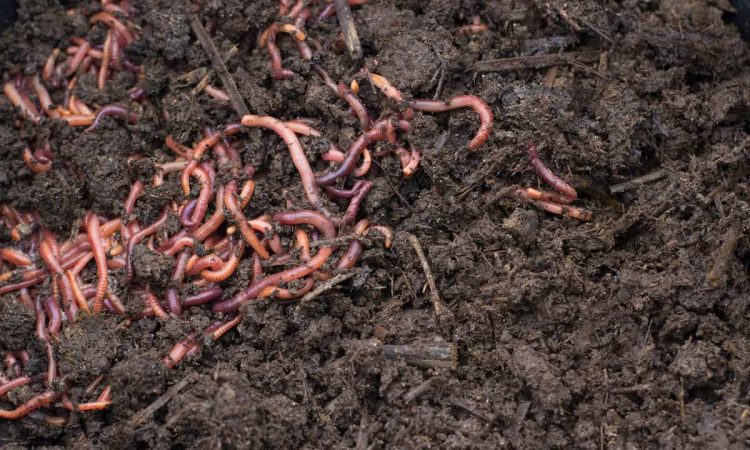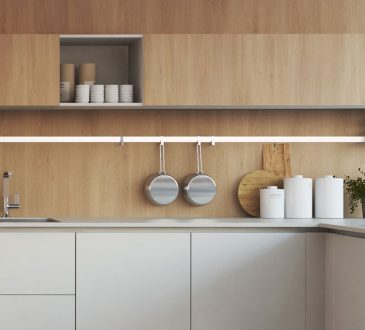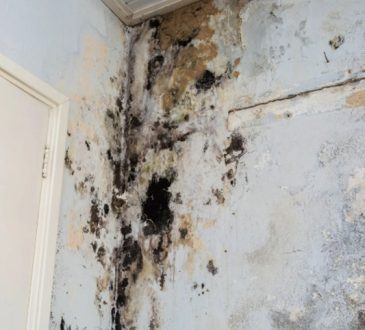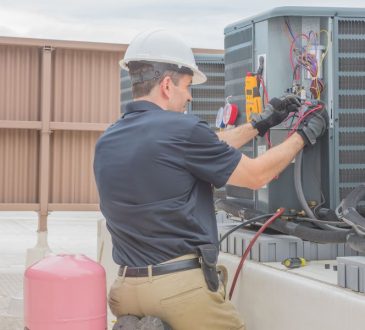
Composting with worms, also known as vermicomposting, is an efficient way to recycle organic waste and create nutrient-rich soil for your garden. While there are thousands of earthworm species, only a few are well-suited for composting. This article will explore the best worms for composting and why they’re ideal for this purpose.
Red Wigglers: The Composting Champions
Red wigglers (Eisenia fetida) are widely considered the best worms for composting. Here’s why:
- Surface dwellers: They thrive in the top 6 inches of soil, making them perfect for shallow composting bins.
- Voracious appetite: Red wigglers can consume up to half their body weight in organic matter daily.
- Rapid reproduction: They mature quickly and can double their population every 60-90 days.
- Temperature tolerance: Red wigglers can survive in temperatures ranging from 55°F to 85°F.
- Low maintenance: They’re hardy and easy to care for, making them ideal for beginners.
Indian Blue Worms: The Efficient Alternatives
Indian blue worms (Perionyx excavatus) are another excellent choice for vermicomposting:
- Fast breeders: They reproduce even faster than red wigglers.
- Efficient composters: Indian blues can process organic waste quickly and efficiently.
- Temperature adaptability: They thrive in warmer temperatures, making them suitable for tropical climates.
- Vigorous eaters: These worms have a hearty appetite for a wide variety of organic materials.
European Nightcrawlers: The Versatile Option
European nightcrawlers (Eisenia hortensis) are larger than red wigglers and offer some unique benefits:
- Size advantage: Their larger size makes them excellent for processing tougher organic materials.
- Dual-purpose: They’re great for composting and can also be used as fishing bait.
- Deep burrowers: European nightcrawlers can create deeper tunnels, improving soil aeration.
- Cold tolerance: They can withstand cooler temperatures better than red wigglers or Indian blues.
Choosing the Right Worm Composter
To get started with vermicomposting, you’ll need a suitable worm bin. Vers L’avenir worm composters offer an excellent option for those looking to begin their composting journey. These composters are designed to provide the optimal environment for worms to thrive and efficiently process organic waste.
Conclusion
While red wigglers are often considered the gold standard for vermicomposting, Indian blue worms and European nightcrawlers also offer unique advantages. The best choice for you will depend on your specific needs, climate, and the types of organic waste you plan to compost. Regardless of which species you choose, vermicomposting is an eco-friendly way to reduce waste and create nutrient-rich compost for your garden.
Remember, successful vermicomposting requires proper care and maintenance. Provide your worms with the right environment, feed them appropriate organic matter, and maintain proper moisture levels. With the right setup and care, your composting worms will thrive, turning your kitchen scraps and yard waste into black gold for your plants.



